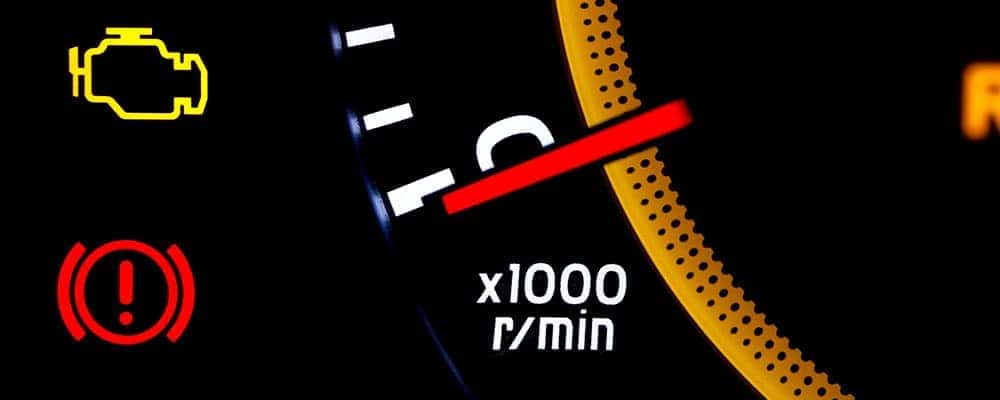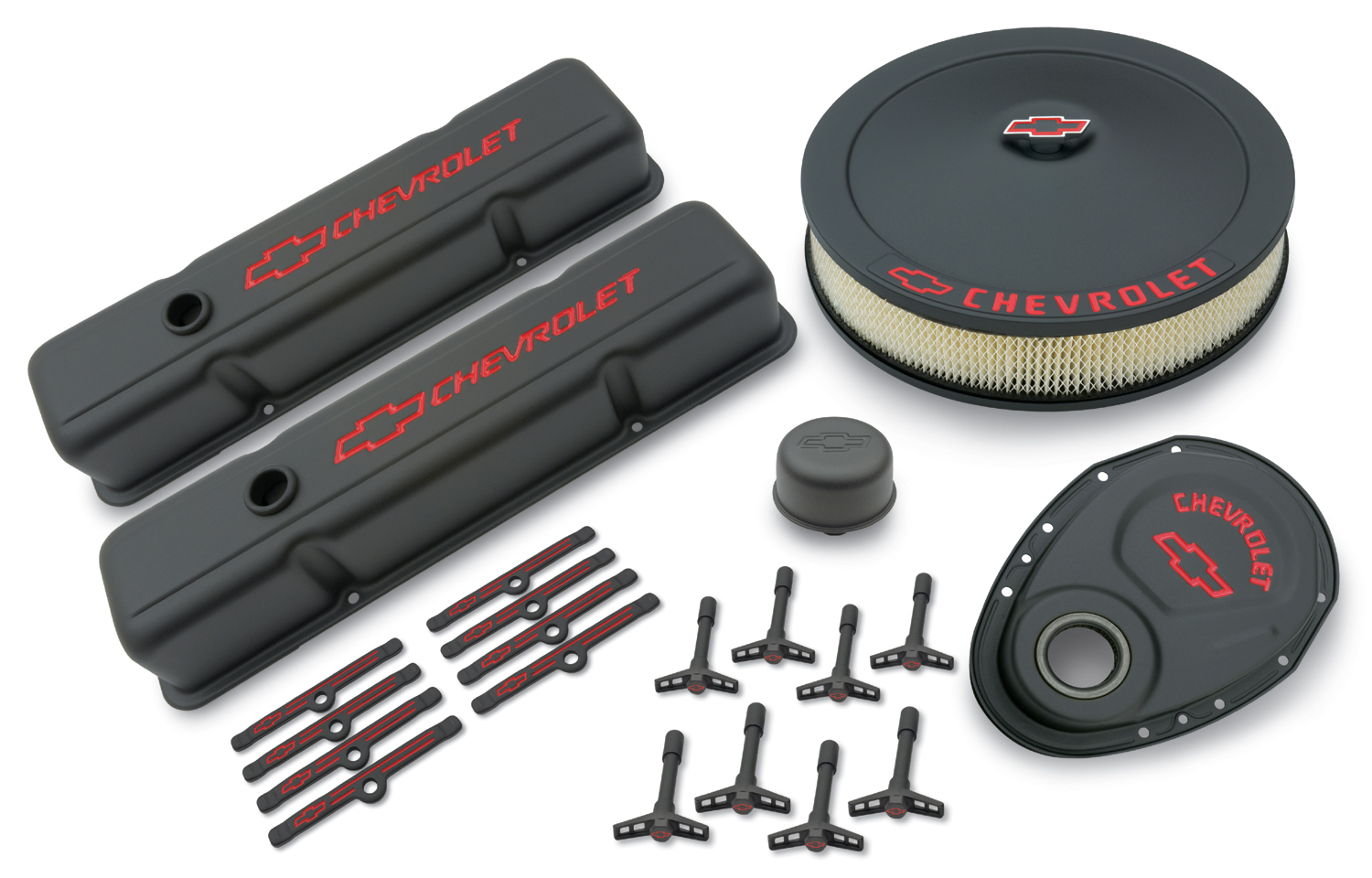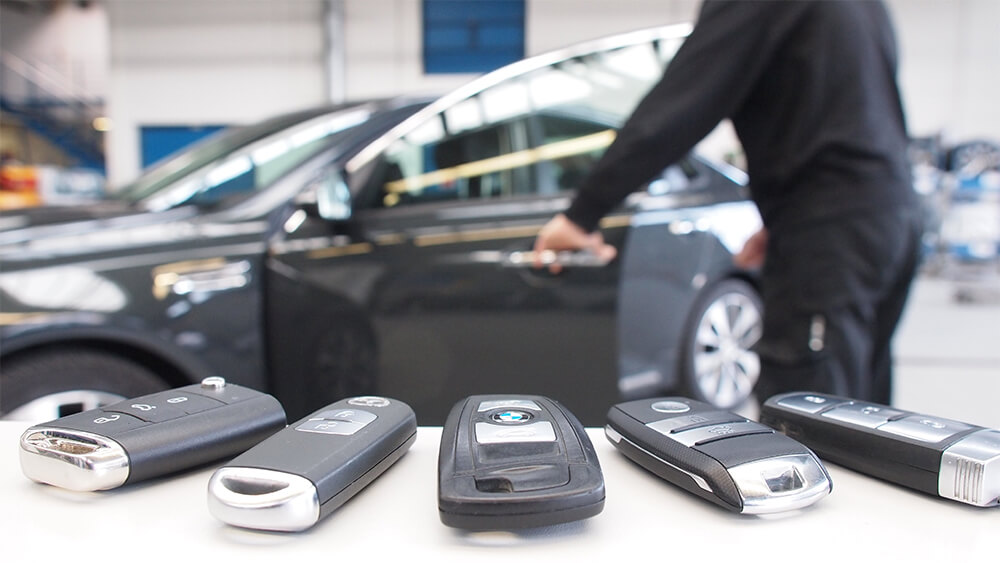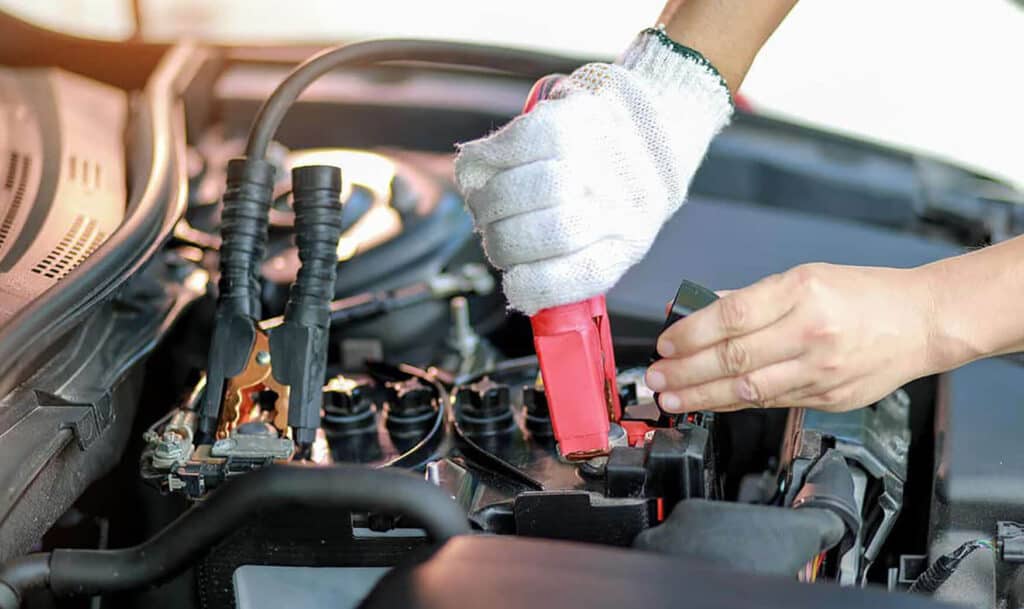If you’re driving along and your check engine light suddenly flashes on, it can be difficult to know what to do. Many of the most common check engine light reasons are not emergencies, but there are a few issues that require immediate attention. Compare these common issues and find out how to proceed when you see this light on your dashboard.
Table of Contents
Loose Gap Cap
The easiest fix is a loose gas cap. Before you panic and think about a misfiring engine or other serious issues, pull over at a safe spot and tighten the gas cap. Many vehicles have a sensor that recognizes when your fuel tank doesn’t hold pressure. This sensor can’t distinguish between a leak in your tank and a loose gap, so it alerts you through your check engine light.
Damaged Mass Air Flow or Oxygen Sensor
Another issue is a damaged mass air flow sensor. Use an air flow sensor tool to replace this essential sensor near your air intake. While not an emergency issue, this damaged sensor can affect the performance and fuel economy of your vehicle. It’s used to alter the air/fuel ratio of your engine to optimize performance.
Similarly, oxygen sensors throughout your vehicle can also trip your warning light. You may have several oxygen sensors in your vehicle, so be sure to find the damaged one before you swap it out. This will save you money and avoid unnecessary replacement sensors.
Bad Spark Plugs
A faulty spark plug can prevent a cylinder from firing or decrease the efficiency of your engine. While it’s not an issue you should immediately pull over to solve, it should be fixed soon to avoid engine issues. Because your spark plugs ignite the air/fuel mixture in your cylinder, a damaged spark plug may cause you to have difficulty starting your engine.

Faulty Wiring
If an inspection reveals none of these components are damaged, you may have faulty wiring. A loose or frayed wire can alert your engine computer unit to a potential issue, so it may cause your check engine light to turn on. Find the wiring issue and repair it or have a technician take a look at it.
Serious Engine Damage
Unfortunately, there are some serious issues to consider when you see your check engine light, particularly if the light begins to blink. A clogged catalytic converter or misfiring engine, if left unchecked, can severely damage your vehicle. Pull over as soon as possible and take your vehicle to a mechanic or auto parts store to solve these serious issues.
Find Out the Diagnostic Trouble Code
Your check engine light is connected to your engine computer unit. When a sensor trips, your engine computer unit sends a diagnostic trouble code and illuminates this warning light. To learn more about the specific engine issue, pick up an OBD-II scanner or have a skilled technician test your vehicle. Once you know the specific code, you can troubleshoot the issue easier and determine whether it’s a DIY fix or you need to take it to a mechanic.












